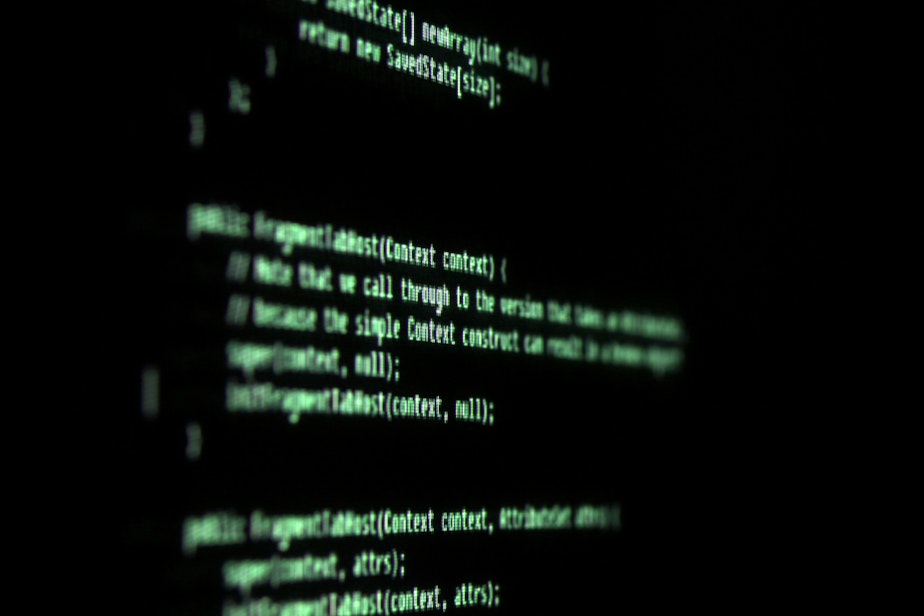How will ChatGPT change the future of information?

It’s hard to describe exactly what ChatGPT is.
In the tech world you might call it an advanced natural language model. But to those on the outside, it feels like a kind of magical eight ball.
We’ve lived with different versions of this kind of programming for a while now, but something seems different about ChatGPT, with some comparing it to a new industrial revolution, as big as the discovery of electricity.
Social media is abuzz with the manifold uses for the latest ChatBot from OpenAI, a for-profit research lab with a track record of cutting-edge language models.
Some are using the powerful technology to make investment analysis; others to write a high school paper. The chatbot can write passable code and convincing articles. Early on, it seems like there's little ChatGPT can't do when given the right prompts.
"The new innovations here — first of all, just more size. It's got more training data," said Emily Bender, a professor of linguistics at the University of Washington and director of the Computational Linguistics Laboratory. "And then it had a second training step where they had human raters give responses about how good its responses were, and then it adjusted its distributions to try to get better scores from the human raters."
After that training the program is being given out to the public as part of a "free research preview." And with such convincing sounding text, users are testing the limits of how ChatGPT can be used in a variety of scenarios.
"People are starting to say, 'Hey, maybe we should use this to replace search engines,'" Bender said. "Or there's some startup that was advertising on Twitter for people who want to use it as an assistant in court, when they're challenging speeding tickets."
Sponsored
Bender cautions that even as the prowess of the technology can seem immense at first, the program does not actually understand what it puts out. In contrast with how humans might formulate a response to a question, with a focus on intended meaning, ChatGPT is creating answers based on highly sophisticated pattern recognition.
That lack of nuanced understanding, Bender said, should limit its widespread application.
"The trajectory that I want to see us on is better testing for how you would know that you built a system that could be reliably used to say, for example, provide information out of an FAQ to customers of an airline or something like that," Bender said.
She emphasized that automation is a good thing overall for making tedious work shorter and can free up space for humans to do more meaningful tasks.
"If you've got information about prescription drug interactions, and you want to be able to surface that to somebody who's coming with a natural language question — if it's constrained like that, you can probably evaluate it and say, this works with these kinds of people to this degree of accuracy."
Sponsored
Listen to Soundside's full conversation with Emily Bender by clicking the "play" button on the audio above.





